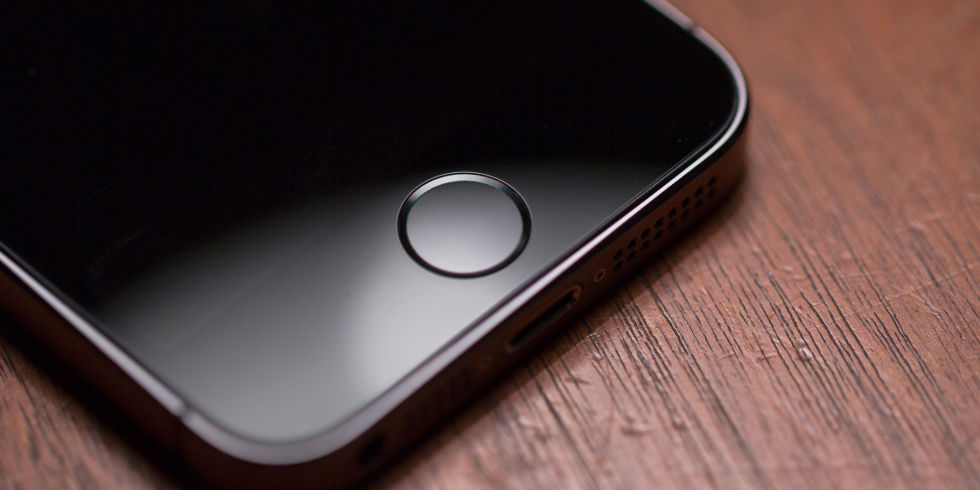So good... like you
Listeners:
Top listeners:
00:00
00:00
chevron_left
-
play_arrow
NGradio So good... like you
All the Apple hype is building toward the release of a new, expensive, redesigned iPhone this fall, but that’s far from the only thing Apple is putting out. The latest version of the iPhone’s operating system—iOS 11—is also on the horizon, and currently in beta testing. Those who have been messing around with that beta have uncovered a new, upcoming feature that will make iPhones everywhere safer and more secure: the option to quickly, quietly disable Touch ID.
In iOS 11, you’ll be able to tap your power button quickly 5 times, which will do two things. It will open a window where you can quick-call 911, but it will also make it impossible to use Touch ID again until you enter your actual passcode:
iOS 11 is a game-changer for Touch ID. Press power button rapidly 5 times and it opens the 2nd screen, but it also forces passphrase entry! pic.twitter.com/uvWbM04lyk
— Kia☆ (@alt_kia) 17 Αυγούστου 2017
The importance of such a feature is evident in its nickname—the Cop Button. In the 2014 Supreme Court case Riley v. California, the court unanimously upheld a decision that the warrantless search and seizure of a cell phone is unconstitutional, but the degree to which someone who is arrested has to cooperate with police who have a warrant is a grayer area. While rulings on whether refusing to give up your password is protected by your Fifth Amendment rights have varied, federal courts have allowed law enforcement to force fingerprint unlocks by arguing it is more similar to handing over a key than it is to giving testimony.
So while fingerprint unlocking is extremely convenient and a crucial bit of security in everyday life, it’s actually far inferior at protecting private information from the police. And that’s of crucial importance because as Justice Roberts aptly put it in Riley v. California:
Modern cell phones are not just another technological convenience. With all they contain and all they may reveal, they hold for many Americans “the privacies of life”. The fact that technology now allows an individual to carry such information in his hand does not make the information any less worthy of the protection for which the Founders fought.
This small but useful privacy feature will benefit the owners of any iPhone with Touch ID, but it’s unclear how it might manifest on phones going forward. The much-leaked, expensive, redesigned iPhone coming this fall does not have a Home Button, and we’ve yet to find out whether it has a fingerprint sensor on the rear side, like most Android phones do, or will skip the feature entirely in favor of some sort of infrared facial recognition. Reading fingerprints through the screen, while possible, is unlikely for a few more years.
Regardless, it’s a nice update to see from the privacy-minded company that went to such great lengths to fight the FBI in an extended, public battle about the importance of encryption. Any phone that has a fingerprint reader should have an analogous feature as well.
Source: Kia via The Verge
Written by: New Generation Radio
Similar posts
ΔΗΜΟΦΙΛΗ ΑΡΘΡΑ
COPYRIGHT 2020. NGRADIO





















Post comments (0)